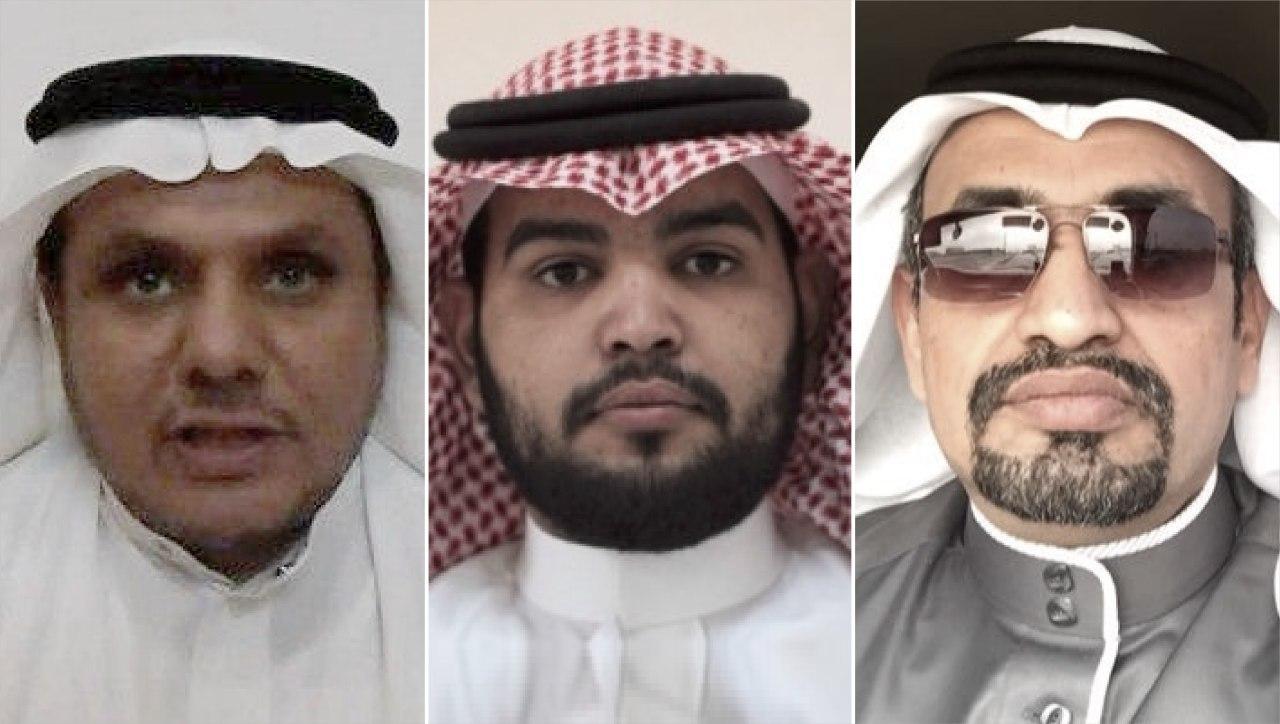
The Working Group on Arbitrary Detention stated that the detention of Issa al-Nukheifi, Abdulaziz al-Shubaili, and Issa al-Hamid is arbitrary, and it called on the Saudi government to take the necessary steps to correct their situation without delay and in alignment with relevant international standards.
In an opinion issued in February 2020, the Working Group considered that, taking into account all the circumstances of the case, the appropriate remedy would be to release al-Nukheifi, al-Shubaili and al-Hamid immediately and accord them an enforceable right to compensation. Moreover, the Working Group encouraged the government to ensure a full and independent investigation into the circumstances surrounding the arbitrary deprivation of their freedom and to take appropriate measures against those responsible for violating their rights.
The Working Group had referred their case to the Saudi government in August 2019, requesting that the government provide detailed information on the current status of al-Nukheifi, al-Shubaili and al-Hamid, as well as any comments on the source’s allegations. It also called on the government to guarantee the men’s physical and mental safety.
In September 2019, the Saudi government responded by noting that the three prisoners were tried and convicted according to local law and procedures and that the Basic Law of Governance prohibits arrest or imprisonment without reference to the provisions of the law.
Case Analysis::
Category I: Deprivation of freedom without legal basis
The Working Group concluded that arresting al-Nukheifi without a warrant and without disclosing the reasons for his arrest was a violation of Article 9 of the Universal Declaration of Human Rights. Thus, his arrest falls under Category I of the forms of arbitrary arrest relating to deprivation of liberty without a legal basis. The Working Group also said that the source reported that al-Nukheifi and al-Shubaili were not informed of the charges against them until approximately eight months after their arrest. Likewise, the Saudi authorities regularly violated al-Nukheifi’s right to challenge the legality of his detention before an independent judicial authority.
The Working Group emphasized that the principle of legality requires that laws be formulated with sufficient precision that individuals may have access to and understand the law, and regulate their behavior accordingly. The Working Group had previously found that vaguely and broadly worded provisions and terms, such as the Anti-Cybercrime Law and the Anti-Terrorism and Its Financing Law of 2017, both of which were invoked in the case, should be reviewed.
The Working Group also observed that vaguely and broadly worded laws may have a deterrent effect on the right to freedom of movement, thought, conscience, religion, opinion, expression, peaceful assembly, association, and political participation.
Category I: Deprivation of freedom without legal basis
The Working Group confirmed that the trials and imprisonment of the three individuals were arbitrary. They fall under Category II because they resulted from the legitimate exercise of the individual’s right to freedom of expression. According to the source, al-Nukheifi’s deprivation of liberty originated from exercising his right to freedom of religion or belief, while al-Shubaili and al-Hamid were arrested as a result of exercising their right of association.
Category III: Partial or full non-compliance with international standards for the right to a fair trial
The Working Group recalled its previous findings that the Specialized Criminal Court that sentenced the three prisoners was not sufficiently independent of the Ministry of Interior and is an extraordinary court specializing in terrorism cases. Furthermore, the Working Group noted that the court is not composed of independent judges but of a panel appointed by the Ministry of Interior. The UN Committee Against Torture has likewise expressed its concern that the court is not sufficiently independent from the Ministry of Interior.
Furthermore, the Working Group believes that the absence of legal counselfor al-Hamid during his interrogation, his subjection to ill-treatment, and his solitary confinement violated his rights to legal representation as part of his right to a fair trial and due process.
Category V:If deprivation of liberty constitutes a violation of international law for reasons of discrimination based on birth, national, ethnic, or social origin, language, religion, economic status, political opinion, etc.
The Working Group noted that al-Shubaili and al-Hamid are human rights advocates who co-founded the Saudi Civil and Political Rights Association. They reported Saudi human rights violations to the Human Rights Council and special mandate holders.
Moreover, the government’s retaliation against al-Nukheifi for his consultations with the Special Rapporteur on Extreme Poverty and Human Rights, and against al-Shubaili and al-Hamid for reporting to UN human rights mechanisms, raises concerns about them being a target of persecution.
